The United Nations Security Council (UNSC) approved a draft resolution on November 17, 2025, authorizing an international stabilization force in Gaza, with 13 votes in favor and no vetoes. However, Russia and China abstained from the vote, citing concerns that the plan lacks Palestinian participation. The resolution mandates a transitional administration and envisions a credible pathway to Palestinian statehood.
The UNSC resolution is seen as a significant step towards resolving the long-standing conflict in Gaza, with many international leaders welcoming the development. "This is a crucial moment for the people of Gaza, and we hope that this resolution will pave the way for a lasting peace," said a spokesperson for the European Union. The resolution also received support from the United States, which has long been a key player in Middle East peace negotiations.
The plan, which has been in the works for several months, aims to address the humanitarian crisis in Gaza, where millions of Palestinians have been living under Israeli occupation for decades. The resolution calls for the establishment of a transitional administration, which will oversee the rebuilding of Gaza's infrastructure and economy. It also envisions a credible pathway to Palestinian statehood, which has been a key demand of the Palestinian people for years.
The approval of the UNSC resolution has been met with mixed reactions from various stakeholders. Israel's National Security Minister, Itamar Ben-Gvir, has expressed opposition to the plan, warning that it could lead to the empowerment of Palestinian terrorists. "If the UN backs Palestinian statehood, we will have no choice but to take action against PA officials," he said. On the other hand, Palestinian leaders have welcomed the resolution, seeing it as a crucial step towards achieving their goal of statehood.
The UNSC resolution is a significant development in the long-standing conflict in Gaza, and its implementation will be closely watched by the international community. The resolution calls for the establishment of an international stabilization force, which will be responsible for maintaining security and stability in Gaza. The force will be composed of troops from various countries, including the United States, Europe, and other key players in the region.
The current situation in Gaza remains dire, with millions of Palestinians living in poverty and without access to basic necessities like food, water, and healthcare. The humanitarian crisis in Gaza has been exacerbated by Israeli restrictions on movement and trade, which have made it difficult for aid to reach the territory. The approval of the UNSC resolution is seen as a crucial step towards addressing this crisis, and its implementation will be closely watched by the international community.
In the coming weeks and months, the international community will be working to implement the UNSC resolution, which will involve the establishment of a transitional administration and the deployment of an international stabilization force. The success of this effort will depend on the cooperation of all parties involved, including Israel, the Palestinian Authority, and the international community.
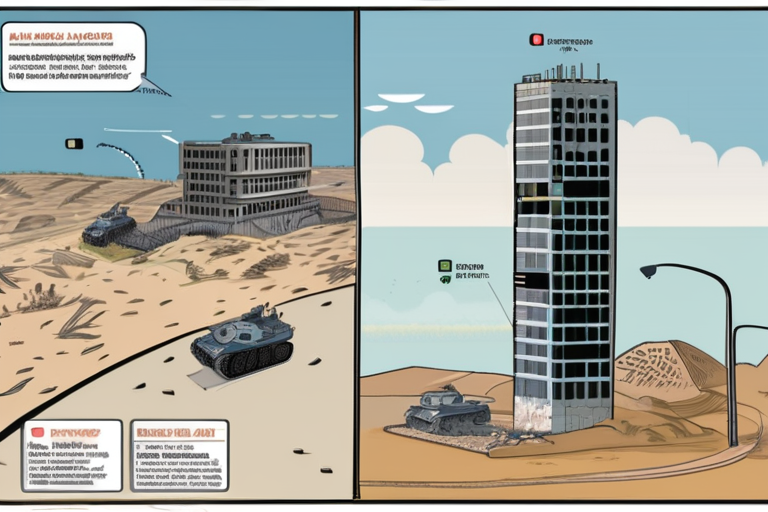

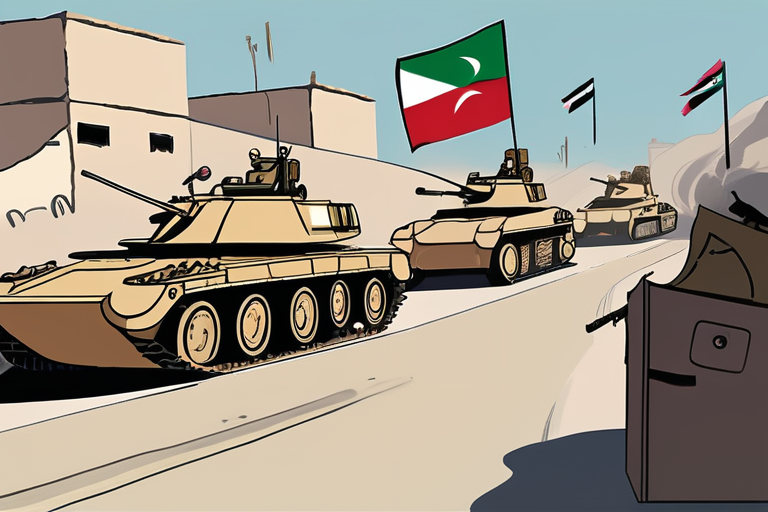
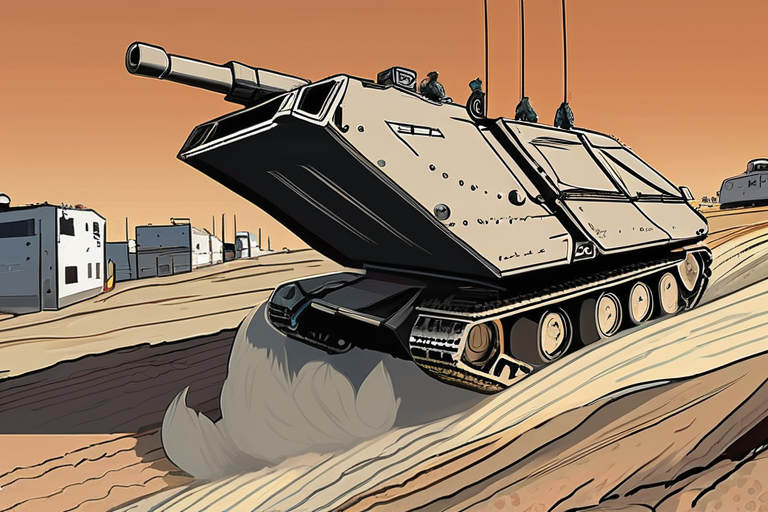
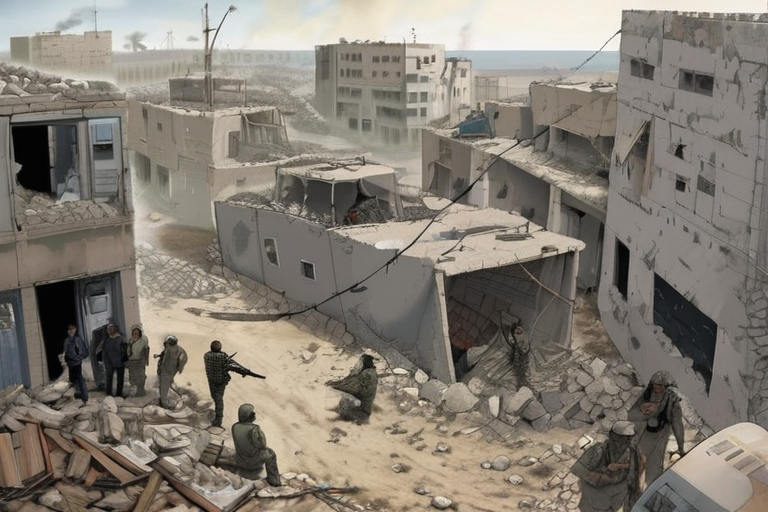
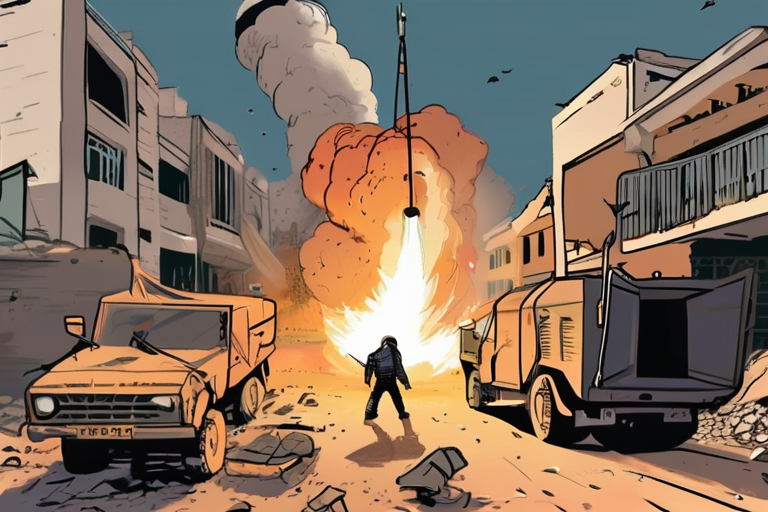
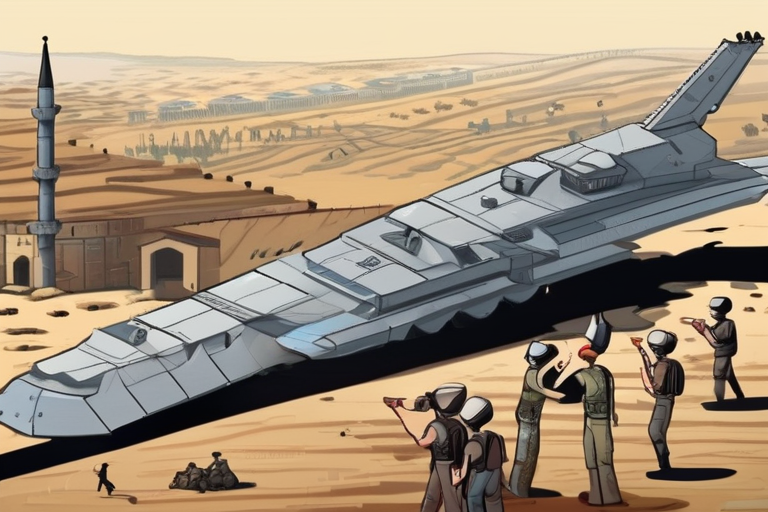

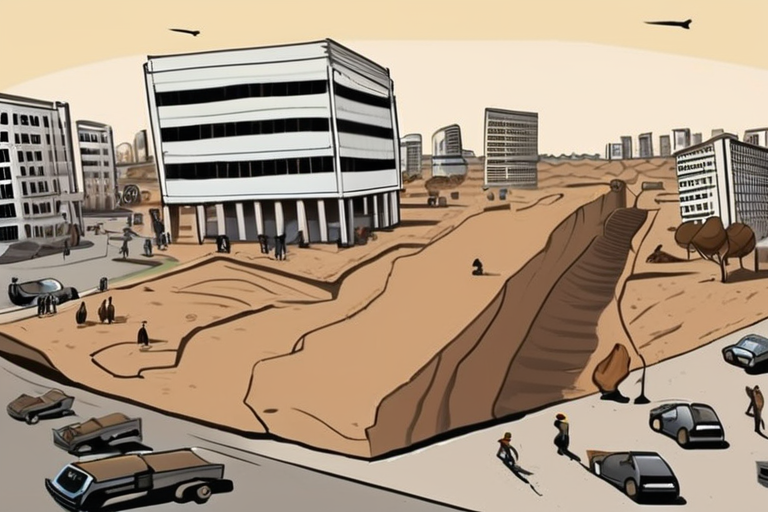
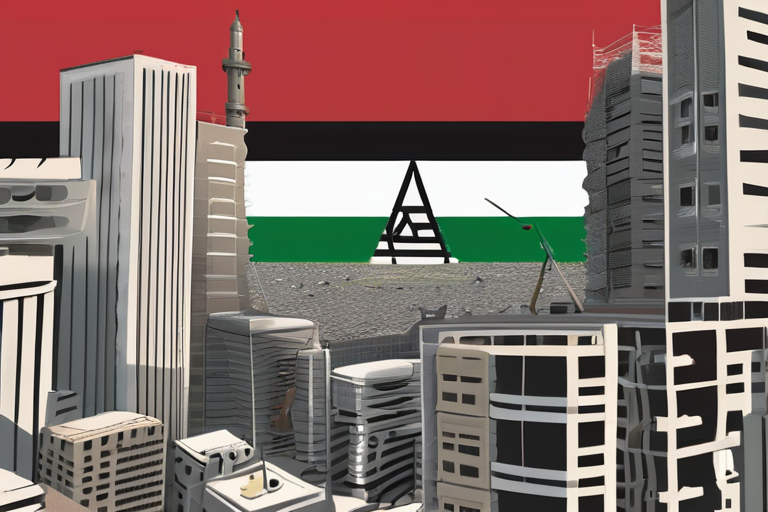

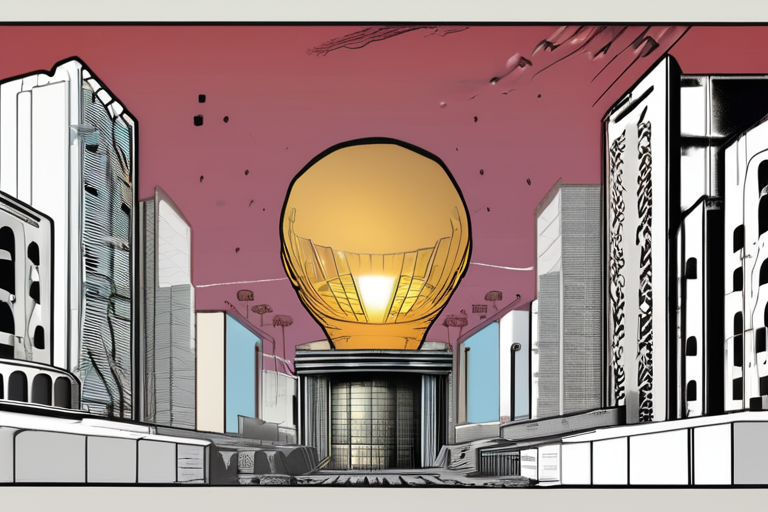
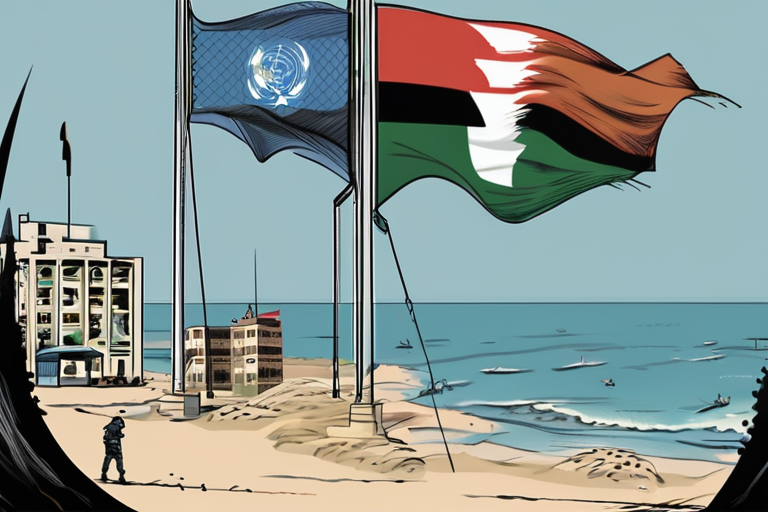
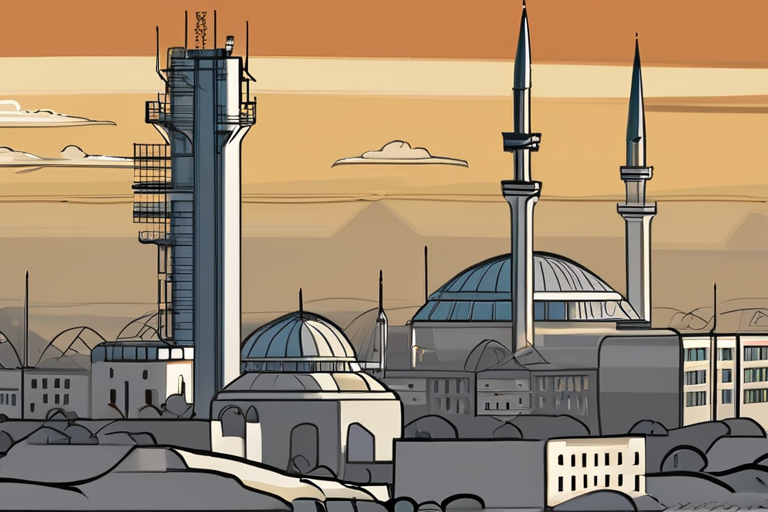
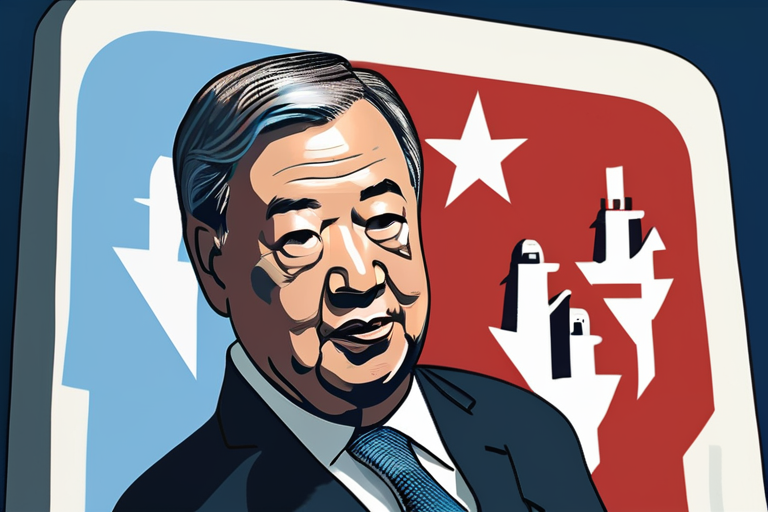
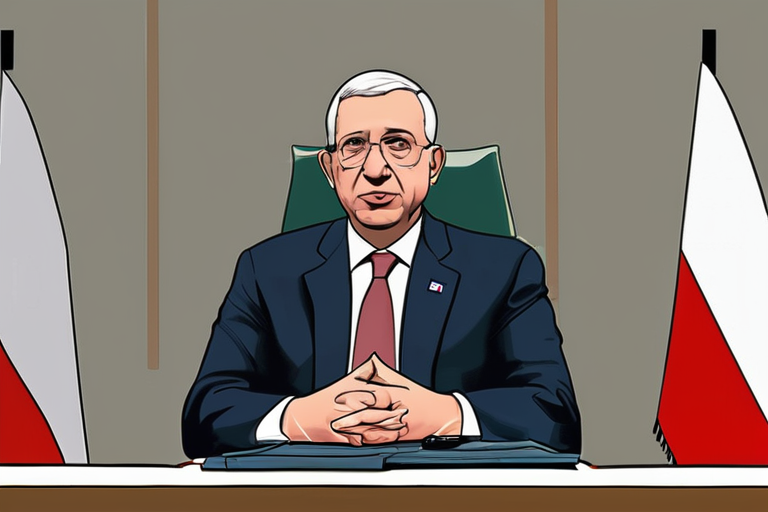
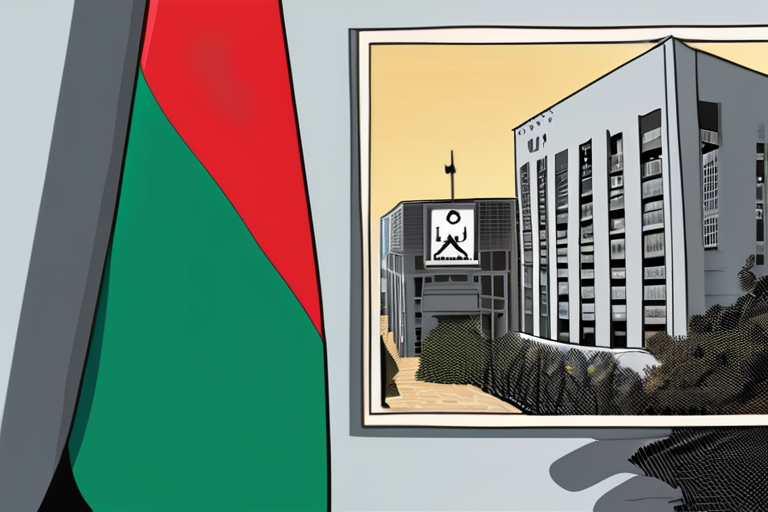
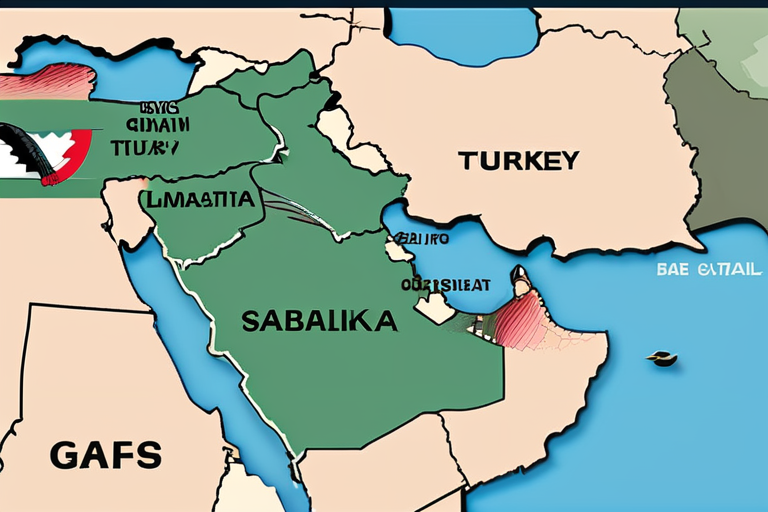
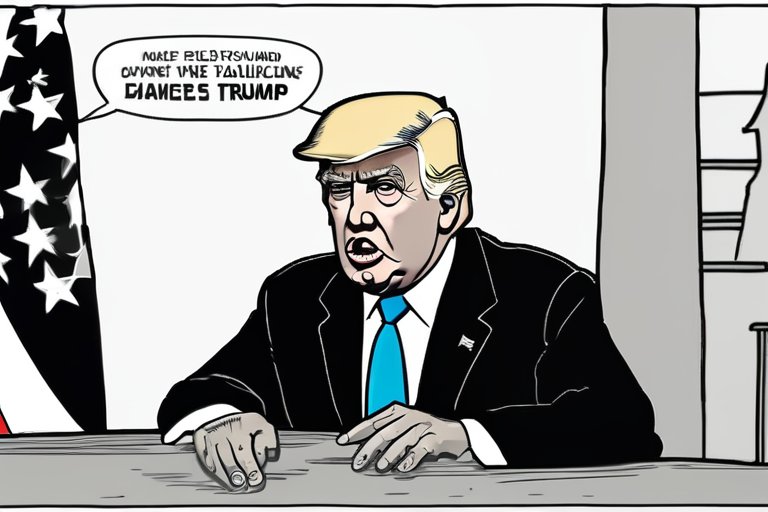
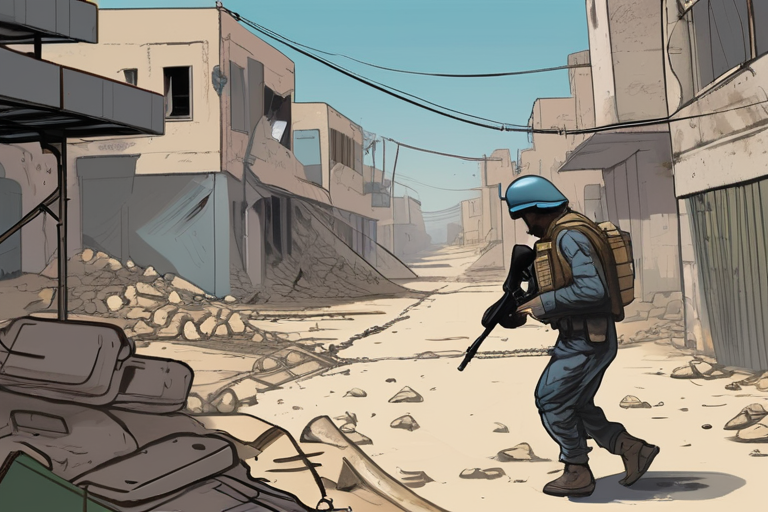
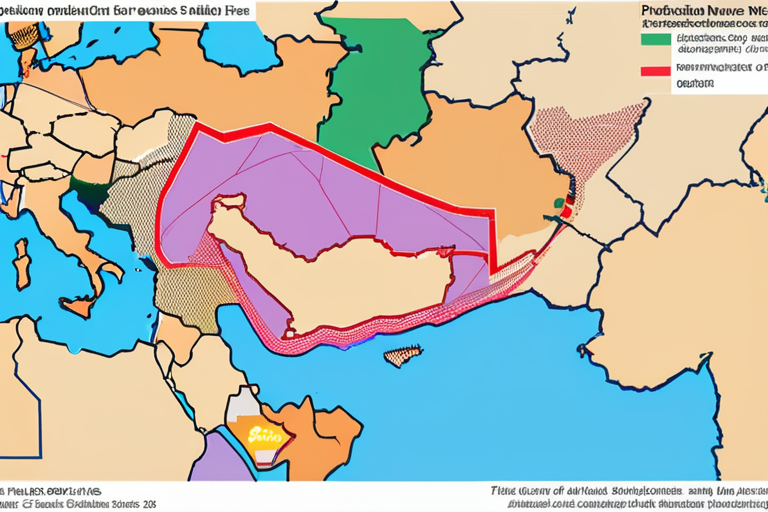
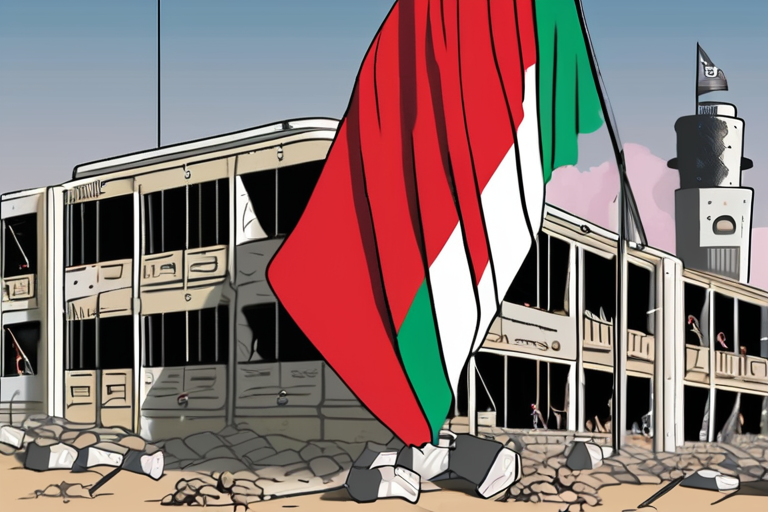


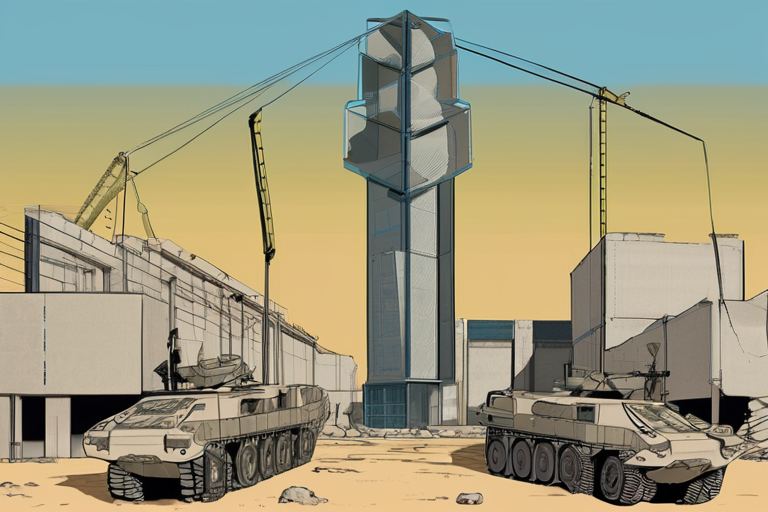
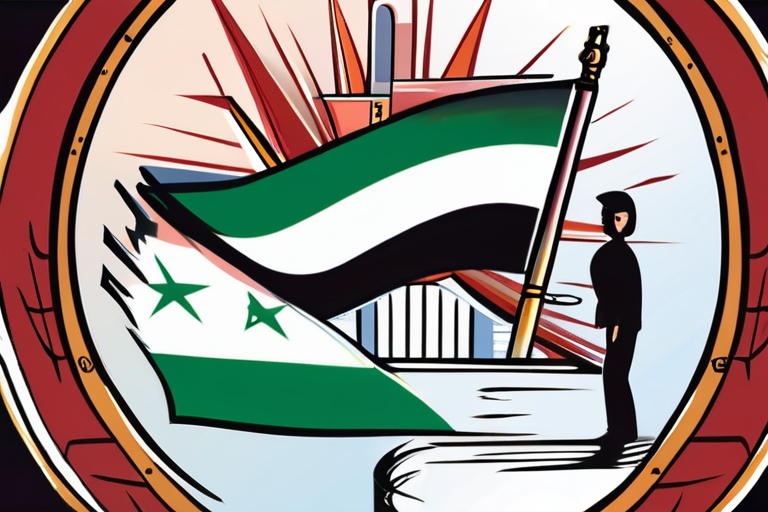
Share & Engage Share
Share this article